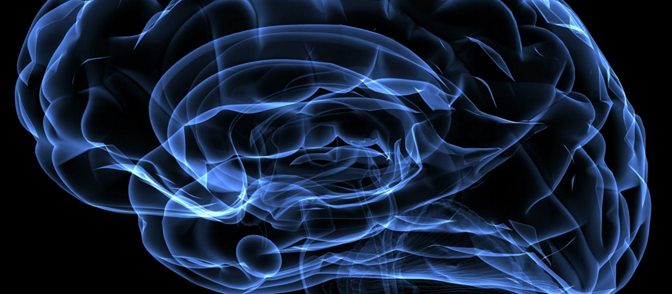Some members of the scientific community may shy away from thinking outside the box and embracing unconventional ideas, such as the connection between quantum theory and consciousness. They may dismiss these concepts as “pseudo-scientific drivel,” perhaps due to cognitive dissonance or social pressures.
However, there are open-minded scientists who are unafraid to explore and share their findings in this area. For example, physicist Pascual Jordan, who collaborated with quantum pioneer Niels Bohr in the 1920s, asserted that
“observations not only disturb what has to be measured, they produce it. We compel [a quantum particle] to assume a definite position.”
Jordan’s view suggests that our very act of observation changes the outcome of a particle’s behavior.
There are several theories based on the epistemology of quantum mechanics that propose correlations between quantum processes and consciousness. Yet, for various reasons—ranging from religious concerns to social engineering and personal reputation—this line of inquiry is often overlooked or suppressed.
For those interested in learning more, I recommend exploring the summary of common interpretations of quantum mechanics. This journey into the fascinating world of quantum theory is just beginning.
Additional resources worth exploring include:
- New Research Shows Consciousness Affects Reality: This study, supported by an independent replication with a 6.37 sigma significance, demonstrates the potential influence of consciousness on reality.
- Quantum Criticality in Life’s Proteins: An article delving into the relationship between quantum mechanics and the functioning of proteins in living organisms.
Here’s an interesting video from TED that may give you a clearer view of why that happens.
We are a part “of”, and not a part “from” the rest of nature.

